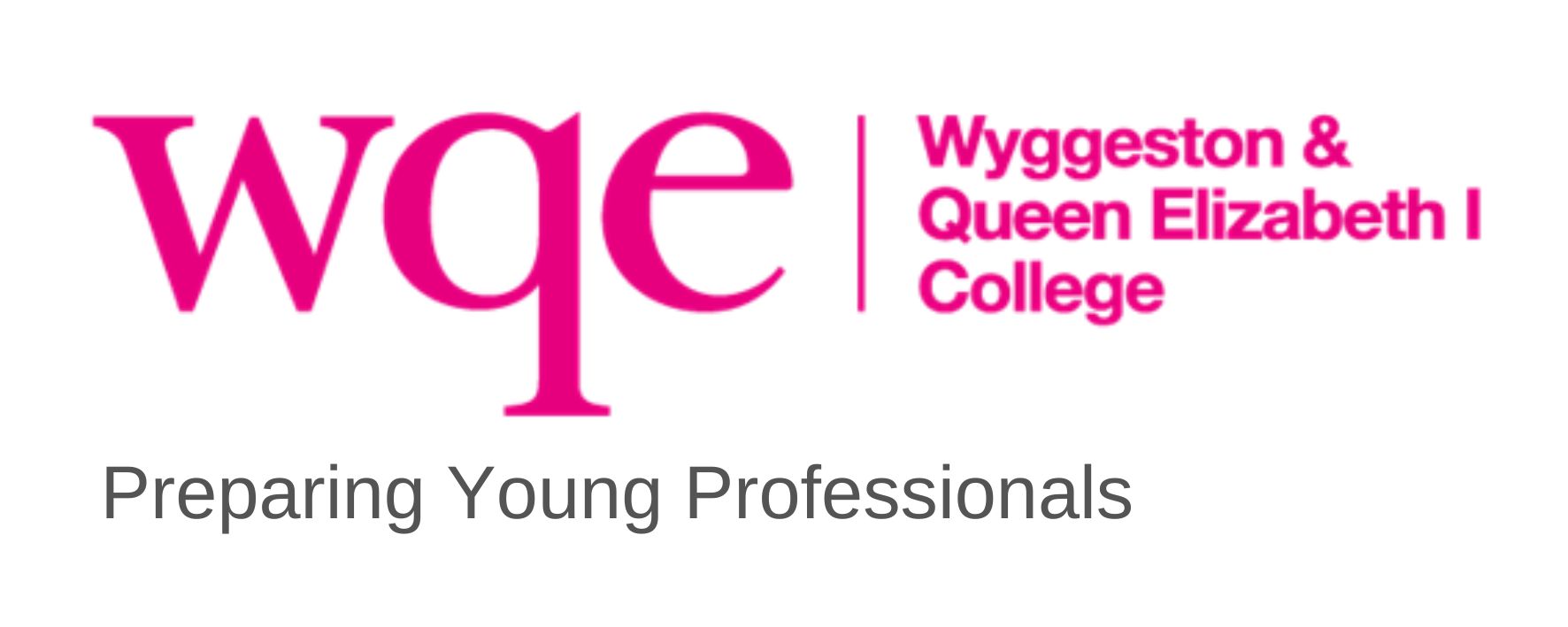Course Overview
Entry Qualifications
In addition to the standard College entry requirements (see below) this course requires students to have achieved grade 5 in English Language and grade 5 or above in Geography or similar. Additionally, a minimum of grade 4 in Mathematics is normally required.
What will I study?
The world today……… How we manage the inequalities and poverty in the world, how we regenerate our urban environments to make them sustainable for 21st century living, how we deal with losing metres of coastline to erosion or flooding, how we predict and manage earthquakes, volcanic eruptions and tropical storms. To complement these topics we will also study outside of the classroom as part of the fieldwork component. The geography course will stimulate your mind, challenge your perceptions and enhance your investigative and analytical skills.
How will I study?
Many different types of visual resources are used, including PowerPoint presentations, DVDs, maps, short videos, satellite images and photographs. Teaching methods include teacher-directed tasks, group work, student presentations, revision showcase sessions, the use of geographical information systems and fieldwork. Students will undertake four days of fieldwork which, for next year may include: evidence of human intervention in coastal landscapes, identifying the character of a specific urban or rural place, and urban pollution and climate. Students are guided to do their own research for assignments using the internet, published articles in magazines, newspapers, YouTube and television programmes. Tutorials are offered to enhance learning.
How is the course examined?
Physical & Human Geography – covering globalisation, understanding places, urban growth, hazards, water cycle, carbon cycle and coasts. Assessed by two 2 hours 30 minute examinations (80% of the full A-level). Geography coursework – individual investigation completed from data collected in the field. 3000-4000 words (20% of the full A-level).
Where next?
This geography course provides students with an opportunity to develop detailed subject knowledge and understanding of the world by connecting ideas from many subject areas, such as sociology, psychology, government and politics, history, economics, biology, physics, chemistry and geology. Students develop proficiency in a wide range of employability skills, such as extended writing, data gathering and analysis, enquiry work and decision making, independent research, team work, summarising and synthesising information, presentations, ICT, reasoning, speaking and listening. This all makes geographers extremely employable and A level geography is seen as a favourable subject by University admissions tutors. There is much more information about careers using geography on the Royal Geographical Society website: www.rgs.org
What does the course combine well with?
Geography combines well with almost any combination of subjects due to its wide subject content. It closes few doors and keeps most open.
College Entry Requirements
We normally expect applicants to have achieved good GCSE passes in at least six subjects, these must:
• demonstrate the suitability for Advanced Level study have been achieved at Grade 4/C as a minimum
• include two at Grade 5/B as a minimum
• include English Language – a minimum grade of 4/C
Mathematics – If not achieved within the scope of the above should normally be achieved at grade 3/D. If mathematics is not achieved at grade 4/C then it will be a requirement to continue to study at the correct level until a grade 4 is achieved. Subjects with a mathematical content will require a higher grade.

